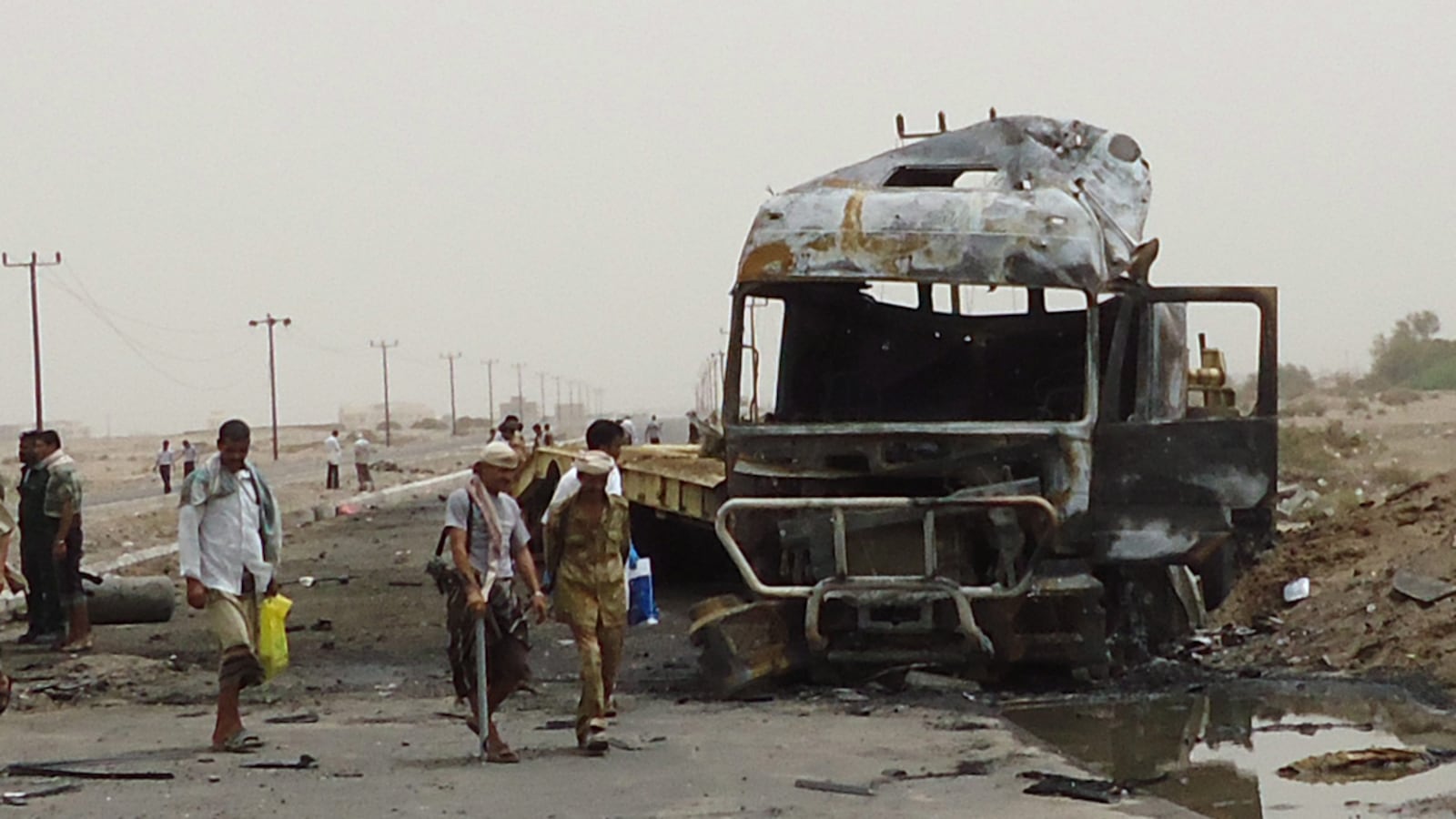The killing of Anwar al-Awlaki changes everything—and changes nothing. Yes, the ability of the U.S. to reach across continents to eliminate senior terrorist leaders has proven the ultimate game-changer in the war on terrorism. Today, every breath al Qaeda terrorist leaders take is a sigh of relief; another day that a missile has not rained down upon them. The time they can devote to plotting attacks is now consumed by staying alive and staving off an inevitable Hellfire missile strike.
But, as much as Awlaki was a skilled propagandist and charismatic figure in the jihadi firmament, he was not a key terrorist field commander, much less our most lethal adversary. He was surely an effective communicator, but he captured our attention more because the lingua franca of his jihad was English and not Urdu or Arabic.
As an American citizen, born and reared in New Mexico, with periods of residence in such diverse places as southern California, Colorado, and the Washington, D.C. suburbs, he unnervingly understood us—and our fears—and masterfully manipulated them. His brainchild, Inspire, was not the first English-language al Qaeda publication, but it is the one that has gotten the most attention and caused the most vexation. Slick and sassy, its visually arresting layout and snarky prose wove together all the most captivating elements to a new generation of would-be terrorists reared on videogames, colorful websites, blogs, and tweets.
Far more consequential though was Awlaki’s hand in the radicalization and recruitment of an impressive list of local malcontents and displaced wannabes into a new strike force of the al Qaeda movement. Nidal Hasan, the U.S. Army major who shot 13 people to death at a Texas base in November 2009; Umar Abdulmuttalab, the graduate student from Nigeria who tried to blow up a Northwest Airlines flight on Christmas Day 2009 with a bomb concealed in his underwear; Faisal Shahzad, who in May 2010 failed to detonate an SUV packed with explosives in New York City’s famed Times Square; and Roshana Choudry, the London undergraduate who tried to stab to death a British member of Parliament in November 2010 are but a shortlist of the most notorious individuals that Awlaki was able to inspire, motivate and ultimately animate to perpetrate a staggering variety of terrorism plots and attacks.

Awlaki’s death thus deprives al Qaeda of one of its most effective communicators and recruiters with Western audiences. His death, unfortunately, will likely have only a negligible effect on the vast universe of potential recruits throughout the Middle East, North Africa, and South Asia who continue to provide the core of al Qaeda’s leadership and foot soldiers.
Indeed, it will probably only deal a glancing blow to al Qaeda in the Arabian Peninsula’s soaring fortunes. While this year’s “Arab Spring” may arguably have weakened al Qaeda and undermined its message in Egypt, Tunisia, and elsewhere, it has patently strengthened it in Yemen. Rather than depriving al Qaeda of oxygen or political space in that key, longtime jihadi venue, the “Arab Spring” has created new opportunities in Yemen both for AQAP’s expansion and consolidation of its gains.
Al Qaeda in Yemen has clearly been on a roll this year: seizing and controlling territory, gaining new adherents and supporters, and continuing to innovate tactically as it labors to extend its attack capabilities beyond the Arabian Peninsula. It is very unlikely that Awlaki’s death will derail AQAP’s prospects there in any meaningful sense.
But what Awlaki’s killing indisputably demonstrates is the power, reach, and sophistication of America’s intelligence community. In this vital aspect of the war on terrorism, his death is indeed a game-changer.
First and foremost, Awlaki’s elimination is a monumental triumph for the U.S. intelligence community—and the CIA in particular. Only a decade ago, both the CIA and the community were derided for having an ossified operating style replete with problematical stove-piped information flows and incapable of effective interagency cooperation. Following on the heels of the successful operation last May that targeted Osama bin Laden, any doubts about the community’s capabilities have surely been put to rest.
But even more to the point, is the U.S. intelligence community’s ascendance to unimaginable heights in the war on terrorism. It has been able to close the loop between the effective acquisition and analysis of intelligence into an actionable result to an extent that is perhaps unprecedented in the history of mankind.




